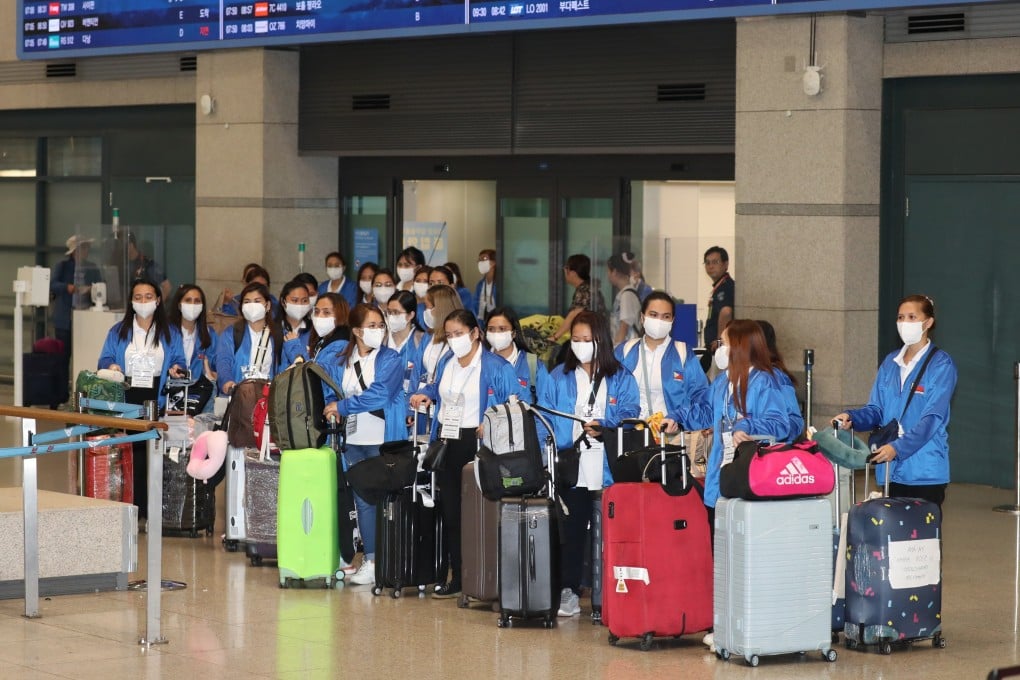China’s birth rate unlikely to benefit from influx of Filipino helpers, analysts say
Use of foreign domestic helpers in China to lower the costs of child care, mirroring move by South Korea, would not do much for birth rate

Daniel Yang, a father of two in Shanghai, said for his part he wouldn’t consider hiring a Filipino helper, mentioning several areas of concern.
“There will be big cultural differences, which means all aspects of life need to be adjusted,” said Yang, who employs a Chinese nanny for 9,500 yuan (US$1,333) a month.
The minimum wage is 2,690 yuan a month in Shanghai, the highest in the country.
“I’m also concerned about the safety of my kids [in the care of a foreigner] – should any incident happen, it will draw international attention,” he added.
“The domestic market is developing quite well and sufficient to meet demand. China has enough labour, and I don’t see a gap there for Filipino nannies to fill.”
